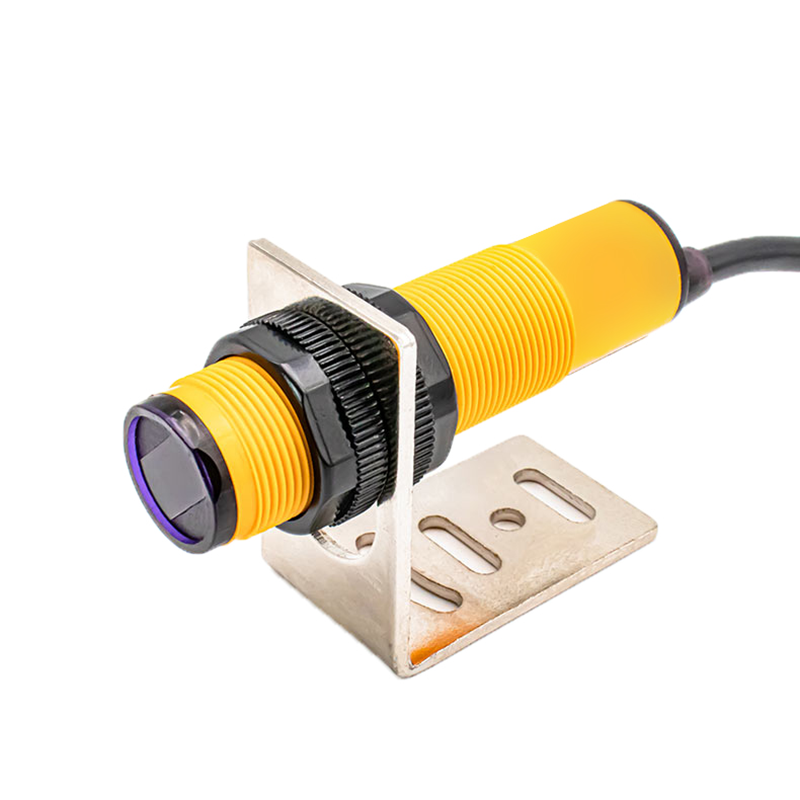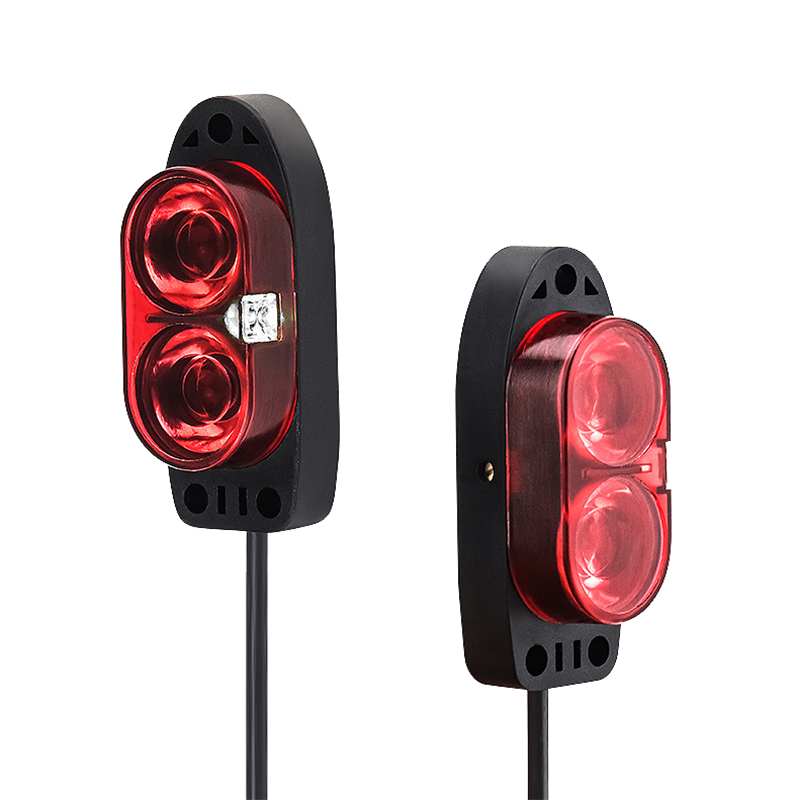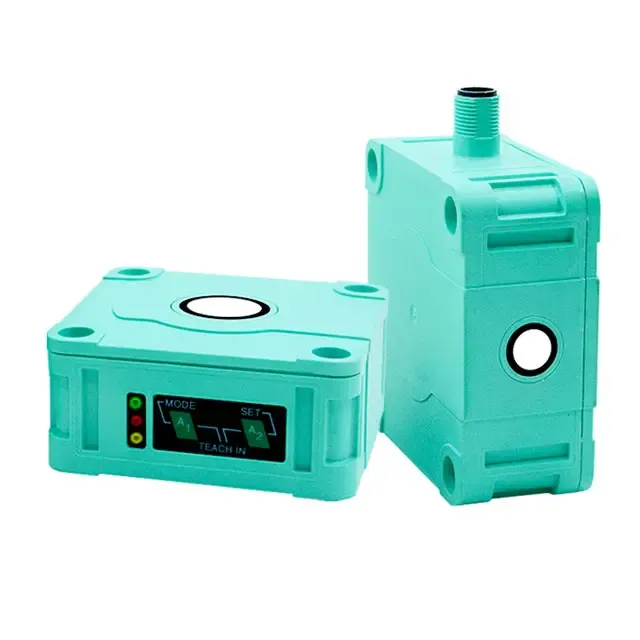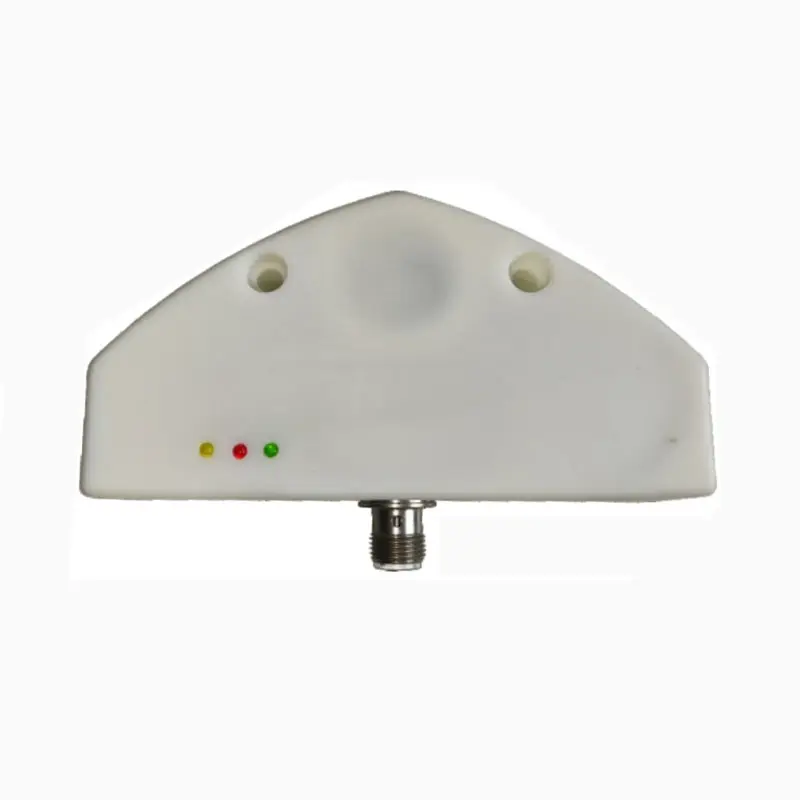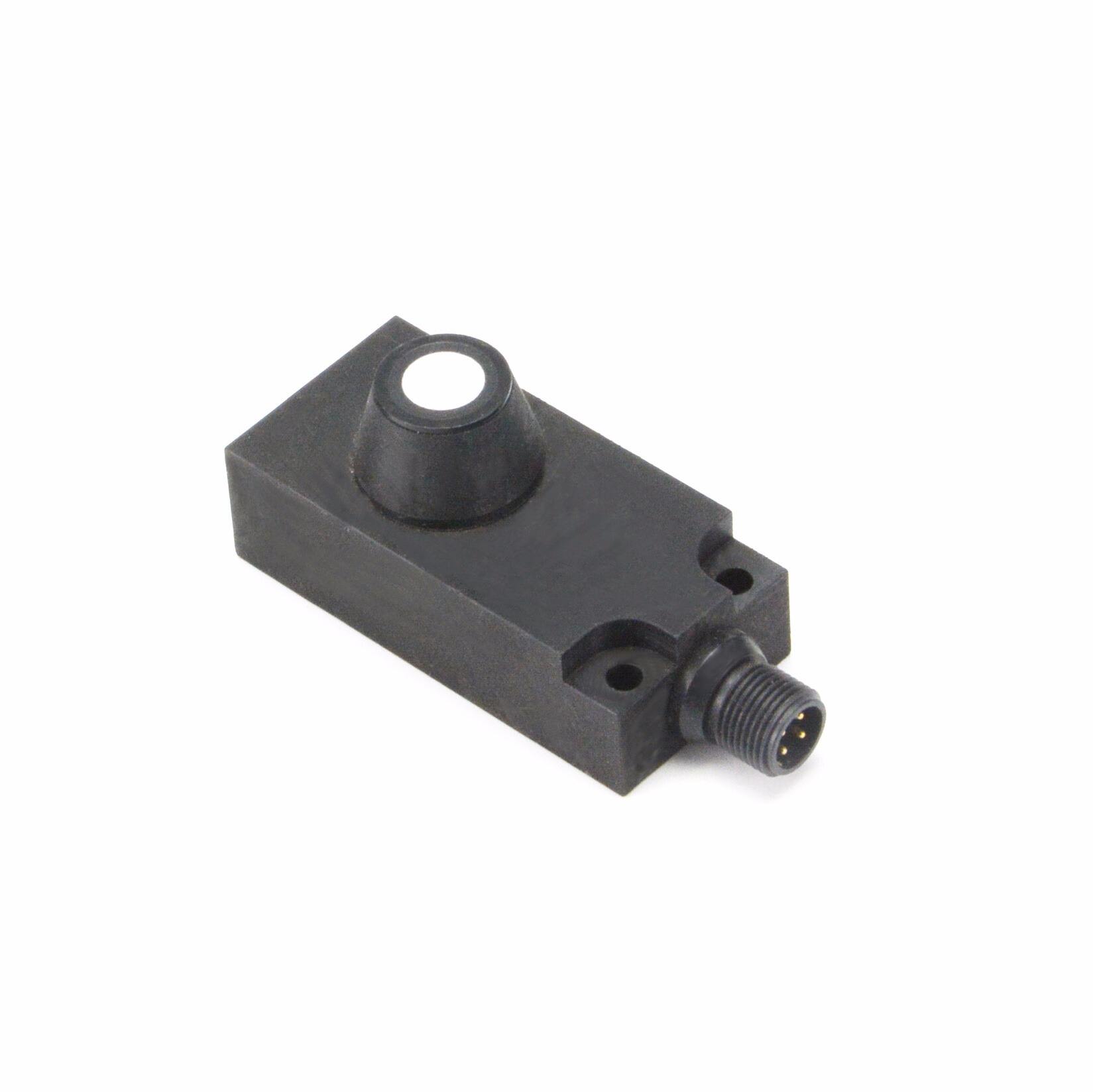industrial sensor
Industrial sensors represent a critical component in modern manufacturing and process automation, serving as the eyes and ears of industrial systems. These sophisticated devices are designed to detect and measure various physical parameters such as temperature, pressure, proximity, level, and flow, converting these measurements into electrical signals that can be interpreted by control systems. Operating in harsh industrial environments, these sensors are engineered with robust housings and advanced protection features to ensure reliable performance under extreme conditions. They incorporate state-of-the-art sensing technologies, including photoelectric, inductive, capacitive, and ultrasonic methods, enabling precise measurements across diverse applications. The sensors feature integrated signal processing capabilities, digital communication protocols, and smart diagnostics, allowing for real-time data monitoring and predictive maintenance. Their versatility extends across numerous industries, from automotive manufacturing and chemical processing to food and beverage production and pharmaceutical manufacturing. These sensors play a vital role in quality control, process optimization, and safety monitoring, helping maintain consistent product quality and operational efficiency.

